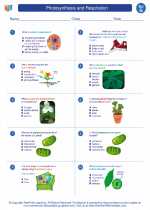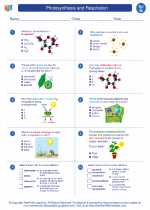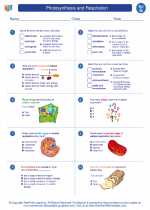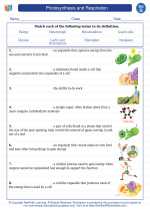Ice: Properties, Formation, and Uses
Ice is a solid form of water that forms when water freezes at or below 0 degrees Celsius (32 degrees Fahrenheit). It is an important substance with various properties and uses.
Properties of Ice:
- Structure: Ice has a crystalline structure, with molecules arranged in a hexagonal lattice.
- Density: Ice is less dense than liquid water, which is why it floats on water.
- Transparency: Ice is transparent, allowing light to pass through it.
- Melting Point: Ice melts at 0 degrees Celsius (32 degrees Fahrenheit).
Formation of Ice:
Ice forms when water molecules slow down and come together, forming a solid structure. This can occur when the temperature drops below freezing point or when water is exposed to freezing conditions, such as in a freezer or when exposed to cold air.
Uses of Ice:
- Preservation: Ice is commonly used to preserve and keep food and beverages cold.
- Therapeutic Use: Ice packs are used to reduce swelling and relieve pain in injuries.
- Recreational Use: Ice is used in various recreational activities, such as ice skating and ice hockey.
Study Guide:
Here are some key points to remember about ice:
- What is the freezing point of water?
- Explain the structure of ice.
- How does ice form?
- What are some common uses of ice?
Understanding the properties, formation, and uses of ice is important for various scientific and practical applications.
.◂Science Worksheets and Study Guides Seventh Grade. Photosynthesis and Respiration
Worksheet/Answer key Photosynthesis and Respiration
Photosynthesis and Respiration  Worksheet/Answer key
Worksheet/Answer key Photosynthesis and Respiration
Photosynthesis and Respiration  Worksheet/Answer key
Worksheet/Answer key Photosynthesis and Respiration
Photosynthesis and Respiration  Vocabulary/Answer key
Vocabulary/Answer key Photosynthesis and Respiration
Photosynthesis and Respiration  Vocabulary/Answer key
Vocabulary/Answer key Photosynthesis and Respiration
Photosynthesis and Respiration  Vocabulary/Answer key
Vocabulary/Answer key Photosynthesis and Respiration
Photosynthesis and Respiration 

 Worksheet/Answer key
Worksheet/Answer key
 Worksheet/Answer key
Worksheet/Answer key
 Vocabulary/Answer key
Vocabulary/Answer key
 Vocabulary/Answer key
Vocabulary/Answer key
 Vocabulary/Answer key
Vocabulary/Answer key

The resources above cover the following skills:
LIFE SCIENCE
Ecosystems: Interactions, Energy, and Dynamics
Examine the cycling of matter between abiotic and biotic parts of ecosystems to explain the flow of energy and the conservation of matter.
Generate a scientific explanation based on evidence for the role of photosynthesis and cellular respiration in the cycling of matter and flow of energy into and out of organisms.